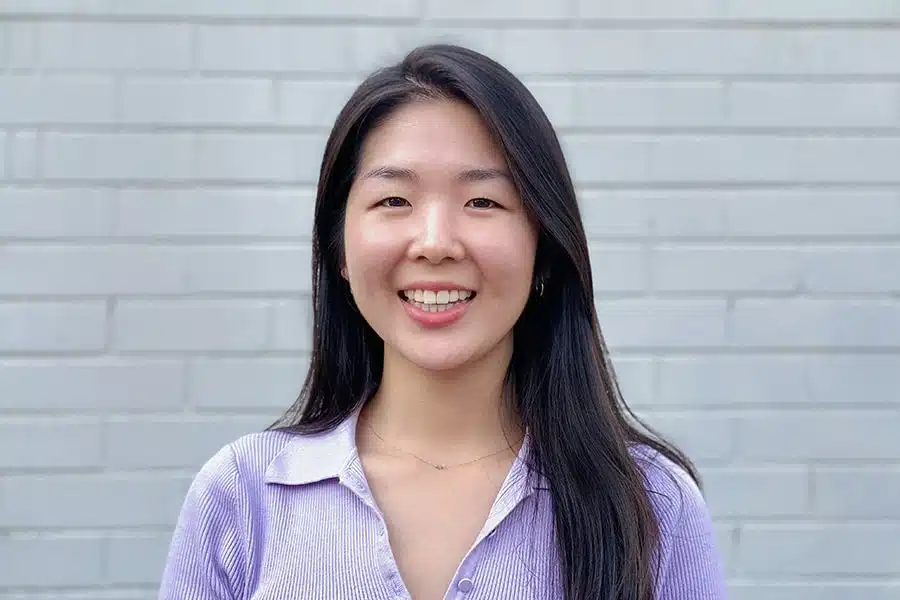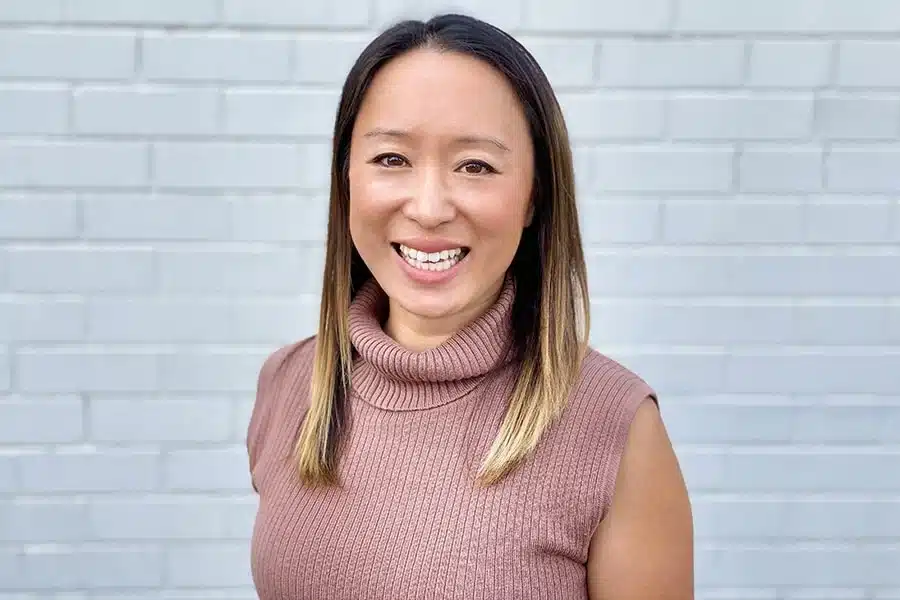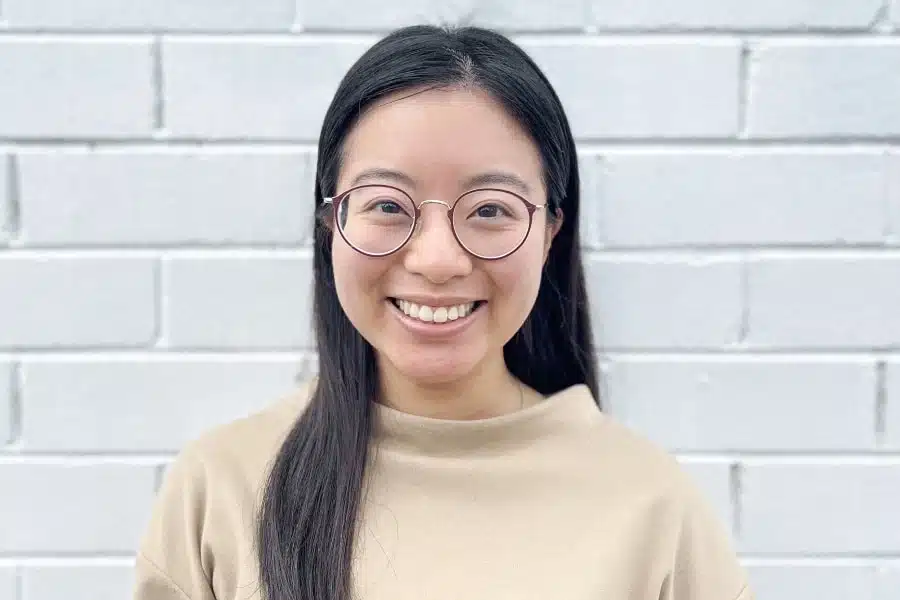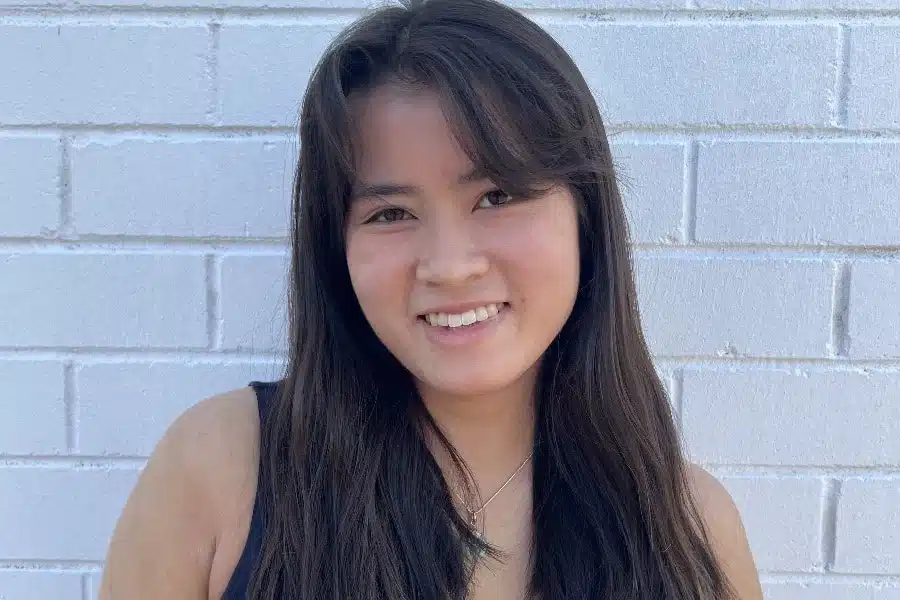Bilingual and Multilingual Speech Pathology Services
We understand the unique needs of bilingual and multilingual families, and we are passionate about providing them with the best possible speech pathology services.
At Talkshop, we offer bilingual speech pathology in French, Korean, Cantonese, Mandarin, and Vietnamese. Our clinicians are experienced in assessing and treating children and adults who are bilingual or multilingual. We also offer telehealth services for those who live rurally, overseas, or have mobility concerns.
Services Offered
- Bilingual speech pathology in French, Korean, Cantonese, Mandarin, and Vietnamese.
- Telehealth services for those who live rurally, overseas, or have mobility concerns.
- Assessment and treatment of speech and language disorders in bilingual and multilingual children and adults.
- Intervention for children who are learning a second language.
- Consultation with parents and caregivers on how to support their bilingual or multilingual child’s language development.
Types of Bilingualism
We understand that there are different types of bilingualism, and we tailor our services to meet the individual needs of each family. We work with families who are multilingual where two languages have been learned simultaneously (simultaneous multilingualism), and we also work with families who are proficient in more than one language, where second, third, or fourth languages are built on the foundations of the first language (sequential multilingualism).
We are supportive of the Speech Pathology Australia position paper on Working in Culturally and Linguistically Diverse Society. We believe that all people, regardless of their language background, deserve to have access to high-quality speech pathology services.
People from culturally and linguistically diverse (CALD) backgrounds may speak with different languages, dialects, or accents. However, if they are proficient in their primary language(s), these differences are not considered speech or language disorders.
It is important to remember that differences in language, dialect, or accent are not necessarily a sign of a speech or language disorder. In fact, these differences can be a normal part of being from a CALD background. However, if a person has difficulty communicating in their primary language(s), even after receiving appropriate support, then they may have a speech or language disorder.
If you are concerned about your child’s speech or language development, or if you are an adult who is interested in improving your communication skills, please contact us to learn more about our bilingual and multilingual speech pathology services.





